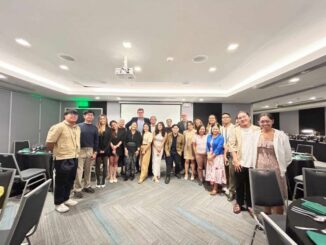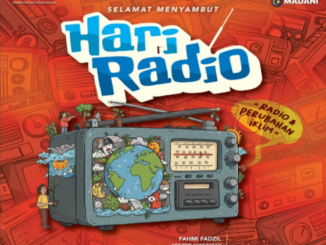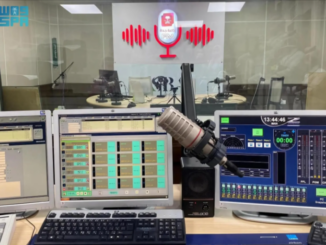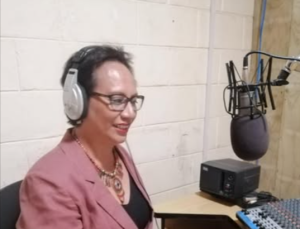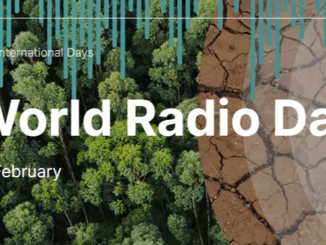
Data released on #WorldRadioDay2025 shows nearly 150 million DAB receivers worldwide
On World Radio Day, February 13, WorldDAB released its latest infographic, which highlights the ongoing global growth of DAB+.The updated graphic shows device sales now nearing the 150 million milestone, with the fast-growing markets of France and Australia leading the way with sales of receivers now over 10 million each, alongside the well-established DAB+ auto market. Sales in eleven core markets now total 145,195,000, and almost all new cars across Europe come with DAB+ as standard.In France, this is coupled with DAB+ coverage now exceeding 60% of the population, and in Spain, public broadcaster RTVE is heading towards the goal of 50% coverage with the recent addition of transmitters covering the metropolitan areas of Valladolid and Zaragosa.The infographic is published by WorldDAB — the global industry forum for DAB+ digital radio — on February 13 to mark UNESCO’s World Radio Day, reflecting broadcast radio’s vital role as a relatively free and portable public safety net during emergencies, as well as the democratic value of radio to serve as a connection within underserved groups, and the companionship it can bring as a friendly voice whenneeded. This year’s theme is “Radio and Climate Change.”WorldDAB President Jacqueline Bierhorst said: “13 February is an important day in the global calendar for anyone as passionate about broadcast radio as me and the members of the WorldDAB family. Today we can share new data showing how DAB+ continues to grow in both new and established markets around the world. This, coupled with our new DAB+ Automatic Safety Alerts, which can provide life-saving warnings of environmental emergencies such as storms and flooding, demonstrates the critical role of broadcast radio.”The infographic can be downloaded from the WorldDAB website.Data from the new infographic will also be highlighted in WorldDAB keynote sessions at the Saudi Media Forum on 19 – 21 February in Riyadh, Saudi Arabia; and the Asia-Pacific Broadcasting Union Digital Broadcasting Symposium in Kuala Lumpur, Malaysia on 24 – 27 February. […]

